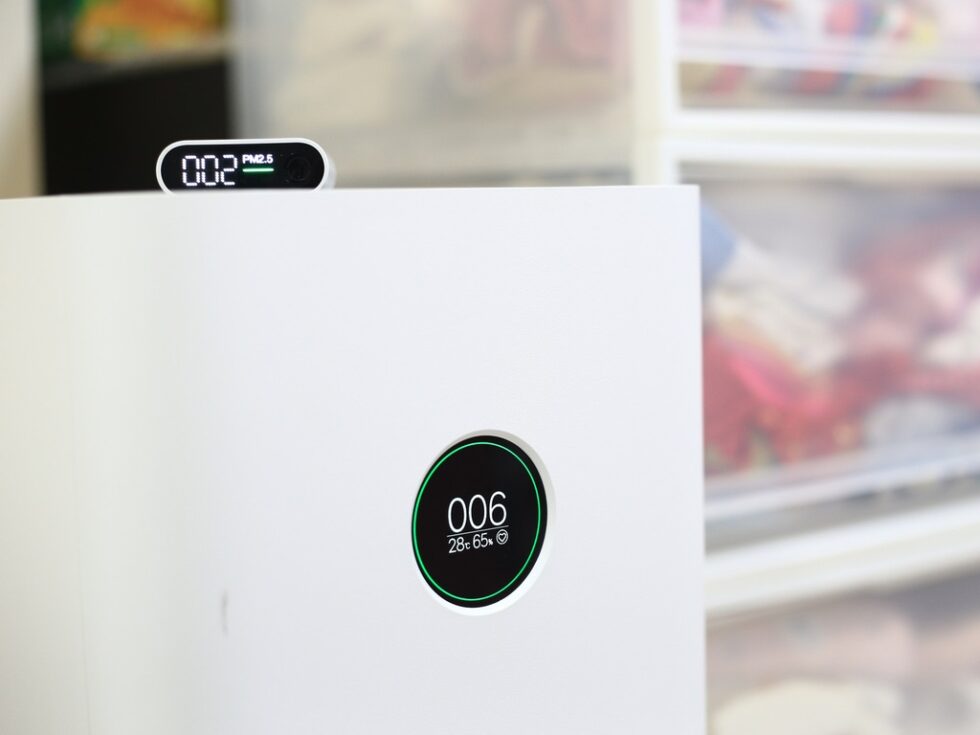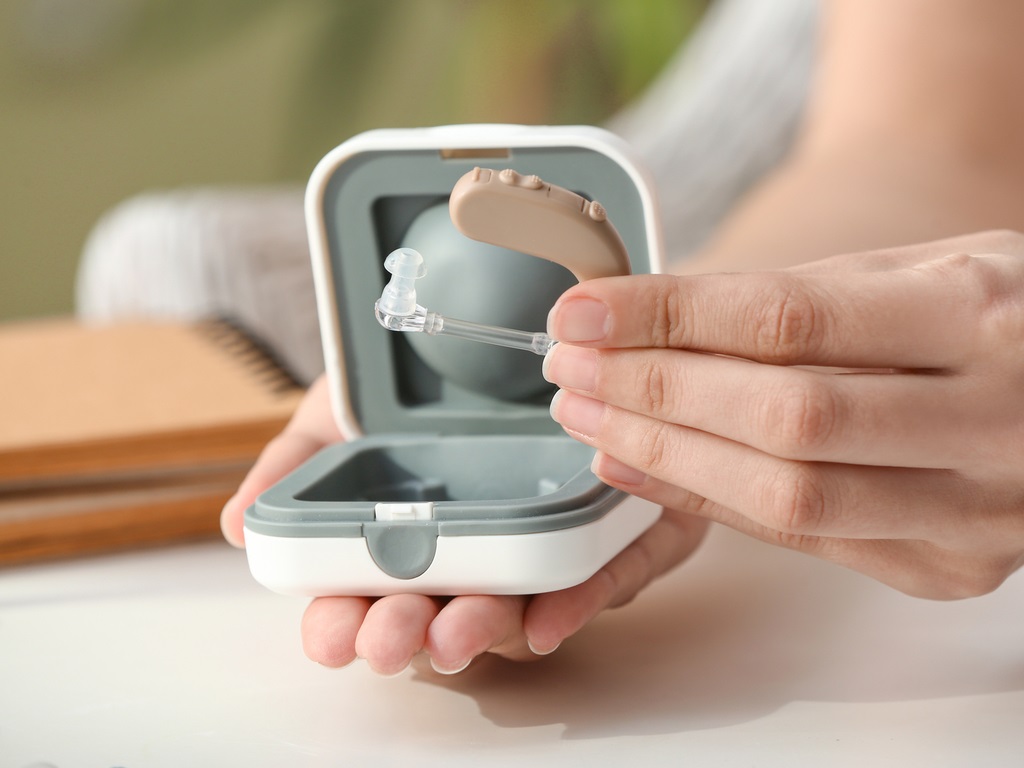
Indoor air quality is a significant concern as people spend more time indoors, whether at home, work, or in public spaces. High-efficiency particulate air (HEPA) filters have gained popularity as a means to improve indoor air quality. These filters capture tiny particles, but like any technology, they come with their own set of pros and cons.
Pros of HEPA Filters
Effective Particle Removal:
One of the most significant advantages of HEPA filters is their exceptional efficiency in capturing airborne particles. HEPA filters trap tiny particles as small as 0.3 microns, which include dust, pollen, pet dander, and even some bacteria and viruses. This high level of filtration contributes to improved air quality and can benefit individuals with allergies or respiratory issues.
Allergy Relief:
HEPA filters are a boon for allergy sufferers. By removing allergens from the air, they can alleviate symptoms like sneezing, coughing, and congestion. This can enhance the quality of life for those prone to allergies, allowing them to breathe more comfortably.
Reduced Asthma Triggers:
People with asthma often experience exacerbations due to airborne pollutants. HEPA filters can help reduce asthma triggers by removing allergens and irritants like dust mites, mold spores, and tobacco smoke from the air. This can lead to better asthma management and fewer asthma attacks.
Enhanced Overall Health:
Improved air quality resulting from HEPA filtration can have long-term health benefits. Cleaner air lessens the risk of respiratory illnesses, cardiovascular issues, and other health problems associated with exposure to pollutants and particulate matter.
Cons of HEPA Filters
Initial Cost:
HEPA filters tend to be more expensive than standard air filters. The initial investment can be a hindrance for some consumers. However, it’s important to consider the long-term health benefits and reduced medical costs associated with cleaner air.
Energy Consumption:
HEPA filters often require powerful fans to force air through the dense filter material. This can lead to increased energy consumption, potentially raising electricity bills. Choose an energy-efficient HEPA filtration system to mitigate this drawback.
Regular Maintenance:
HEPA filters need regular maintenance, including filter replacement, to maintain their efficiency. Failing to replace filters as recommended can lead to reduced performance and compromised air quality.
HEPA filters are a valuable tool in improving indoor air quality and providing relief to individuals with allergies and respiratory conditions. They excel at removing a wide range of airborne particles, contributing to better health and well-being. However, their initial cost, energy consumption, and maintenance requirements are potential drawbacks. In the end, the decision to use HEPA filters should be based on individual needs and circumstances.




